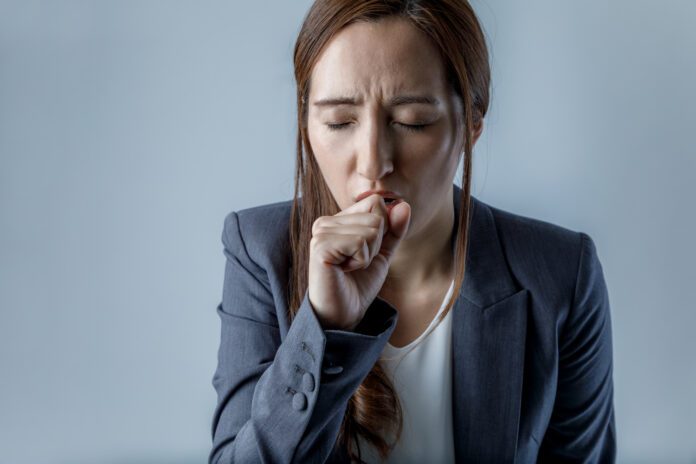As the second most common kind of cancer that plagues Americans, lung cancer threatens the lives of thousands of people every year. Though treatment is possible and far more effective when the disease is identified in its earlier stages. Some may have subtle signs that are easily missed or dismissed. But what do you do when most people who have lung cancer are asymptomatic until the disease has spread?
Let’s take a look at worrying signs that indicate you should be checked by your doctor at the earliest.
Sudden Weight Loss
Unexplained weight loss can be one of the biggest warning bells of cancer. This weight loss can happen due to a number of reasons that include changes to hormones, a sudden loss of appetite, difficulty swallowing, changes to immune function, changes to metabolism, and more.
Cough
A cough can seem innocuous, especially if you are a smoker. But, a slight but persistent cough can indicate early-stage lung cancer. A cough that produces blood is a huge red flag that there could be a severe issue with your lungs and you should see a doctor immediately.
Hoarse Voice
A raspy voice could be a sign that a tumor is pressing down on the laryngeal nerve located in the chest cavity. It can paralyze vocal cords and result in changes in the voice. People with lung cancer may develop a raspy voice due to the nerve being compressed and should get it checked quickly.
Shortness of Breath
If you’ve been experiencing wheezing, shortness of breath may be in conjunction with a slight cough you need to head to your medical health service provider. Some people may even have difficulty catching their breath but have no cough. Be safe and get checked anyway.
Overall Fatigue
Having lung cancer can drop your red blood cells count drastically leading to anemia. Red blood cells carry oxygen to the brain and if anemic, you may feel a constant sense of tiredness and fatigue. Severe fatigue can make it difficult to carry out even mundane daily tasks and is worth investigating further.
There are a number of factors that increase your risk of lung cancer, though the onus of prevention and preparation lies with us.

